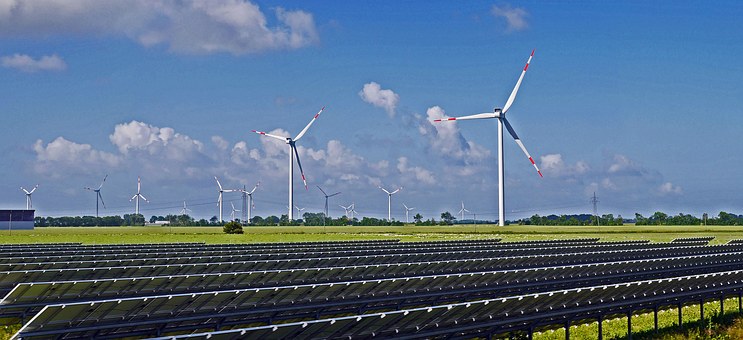Biden Administration Announces $4 Billion in Advanced Energy Tax Credits for Over 100 Projects

The U.S. Energy Department announced the selection of more than 100 projects to receive $4 billion in advanced energy tax credits funded by the 2022 Inflation Reduction Act to accelerate clean energy manufacturing and reduce industrial emissions. The projects, selected under the Qualifying Advanced Energy Project Tax Credit, or 48C, program, span across 35 states covering large, medium, and small businesses, as well as state and local governments. The allocation includes $1.5 billion for projects in historic energy communities.
The 48C program, established by the American Recovery and Reinvestment Act of 2009, was expanded with a $10 billion investment under the Inflation Reduction Act of 2022 to fund projects that support clean energy manufacturing and recycling, critical materials processing and refining, and emissions reductions at industrial facilities. The Initiative also sets aside 40 percent of funds for projects in designated energy communities, namely communities with closed coal plants or mines, in order to encourage job creation and economic growth. The program provides investment tax credit of up to 30 percent of qualified investments for certified projects that meet prevailing wage and apprenticeship requirements. The U.S. Energy Department and the Interagency Working Group on Coal and Power Plant Communities and Economic Revitalization recently hosted a series of regional workshops to highlight the program.
The department’s Office of Manufacturing & Energy Supply Chains manages the program on behalf of the Internal Revenue Service and the U.S. Department of Treasury. The initial round of the program received significant interest with applicants submitting concept papers seeking a total of nearly $42 billion in tax credits. The department received about 250 full applications from projects requesting a total of $13.5 billion in tax credits. Of the $4 billion allocation, the highest portion, $2.7 billion, was designated for clean energy manufacturing and recycling, followed by $800 million for critical materials recycling, processing, and refining, and $500 million for industrial decarbonization, representing 67 percent, 20 percent, and 13 percent of the first round of tax credits, respectively.
To receive the tax credit, selected projects must submit information to the 48C portal within two years for project certification. Subsequently, the project must be placed in service within an additional two years after certification.
An announcement for the second round of the 48C program is expected in the upcoming months, and the submission window for concept papers is anticipated to open this summer.
EnerKnol Pulses like this one are powered by the EnerKnol Platform—the first comprehensive database for real-time energy policy tracking. Sign up for a free trial below for access to key regulatory data and deep industry insights across the energy spectrum.
ACCESS FREE TRIAL